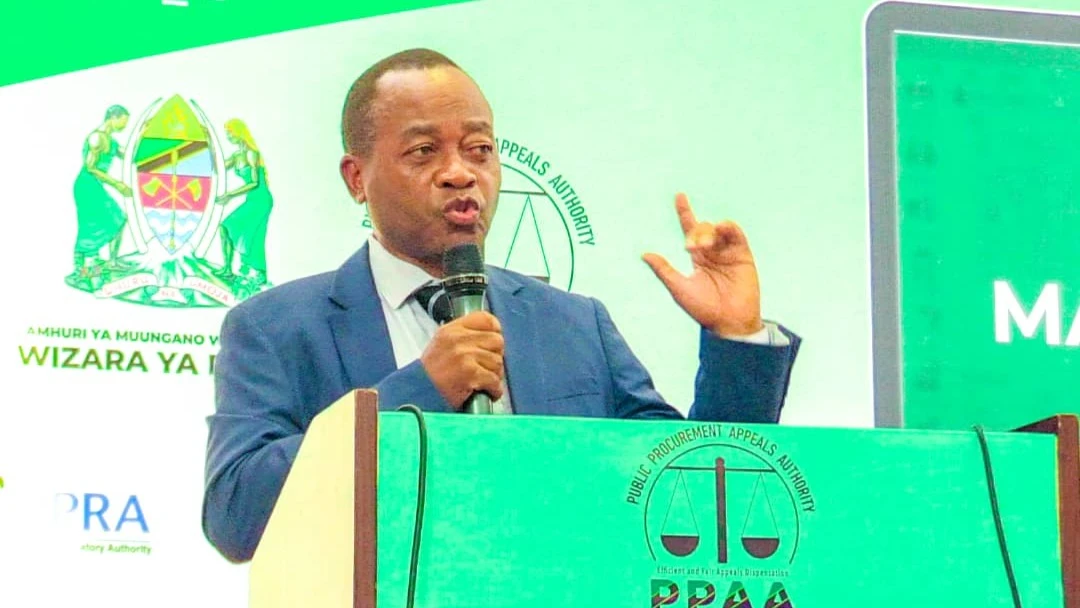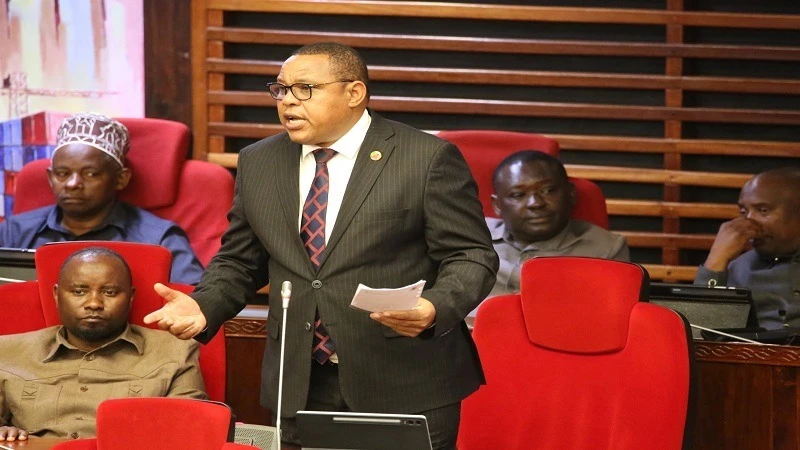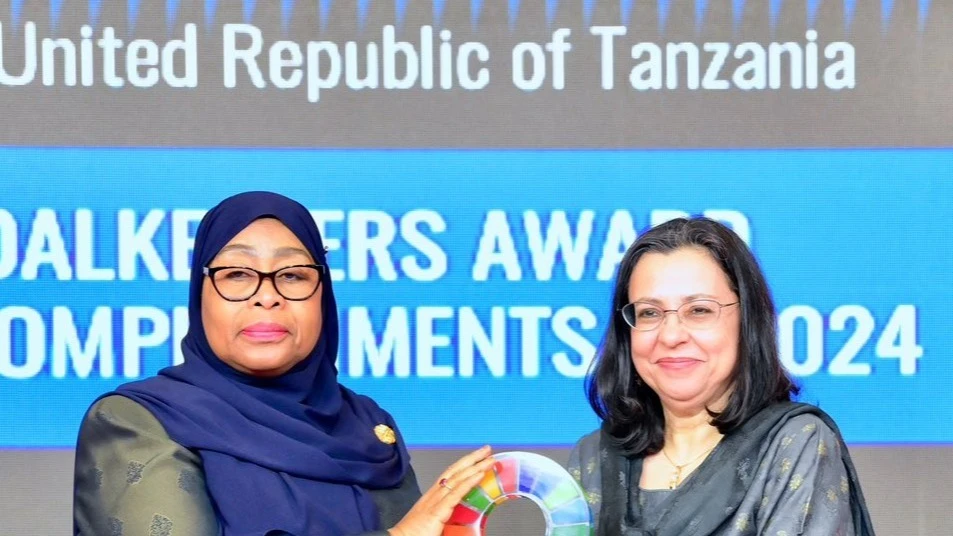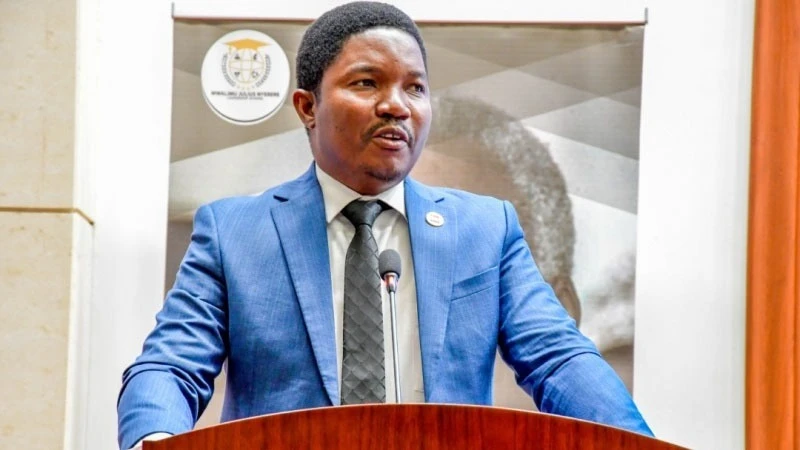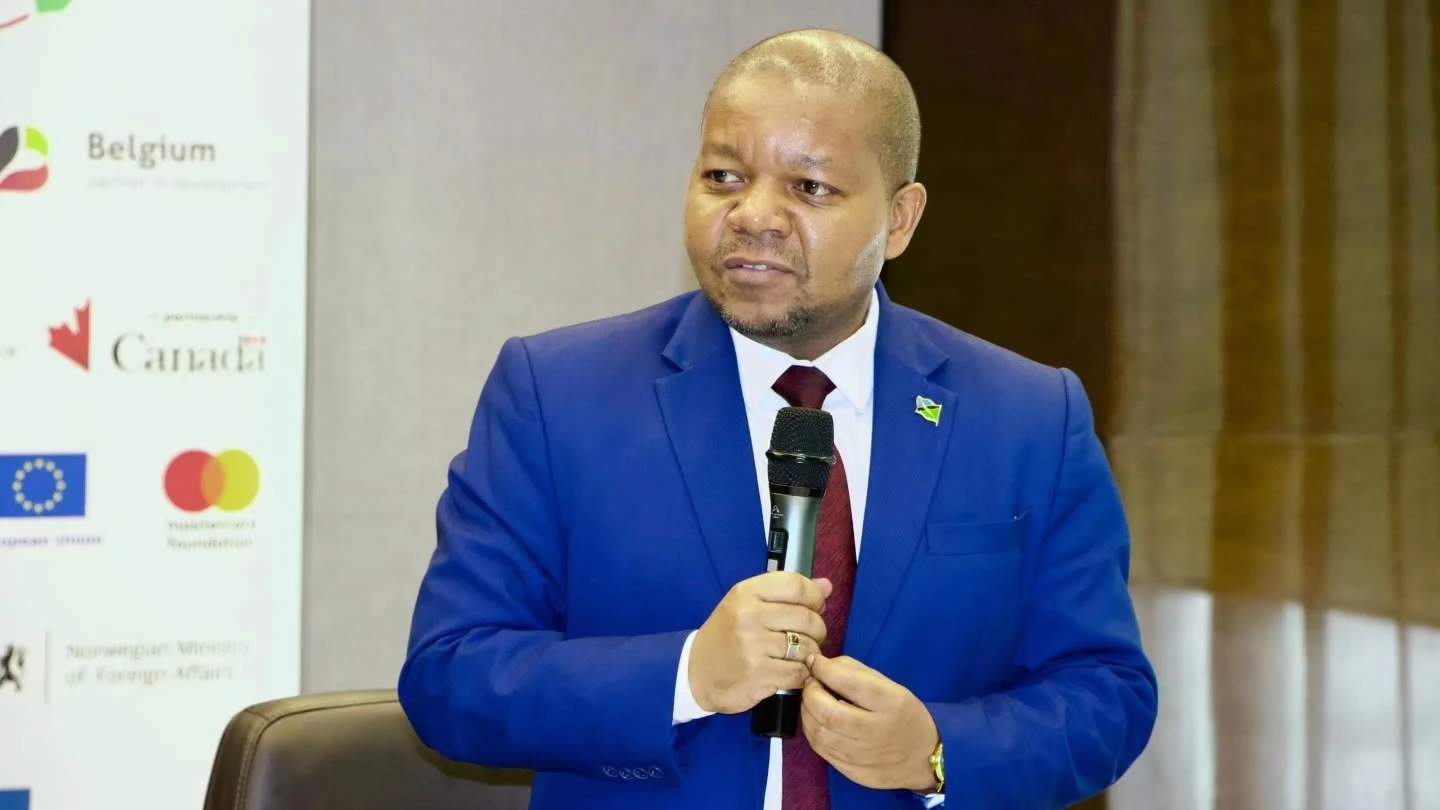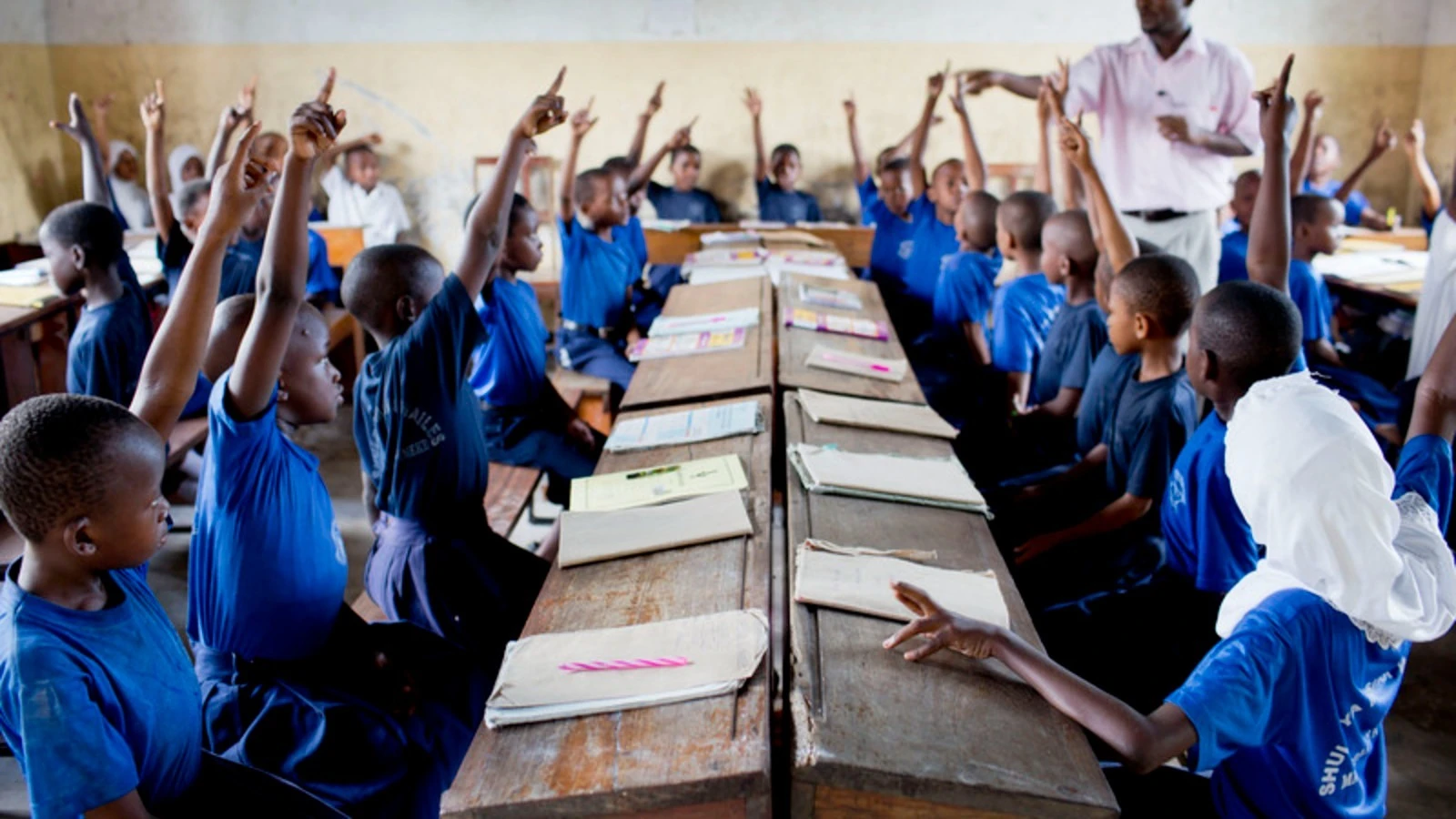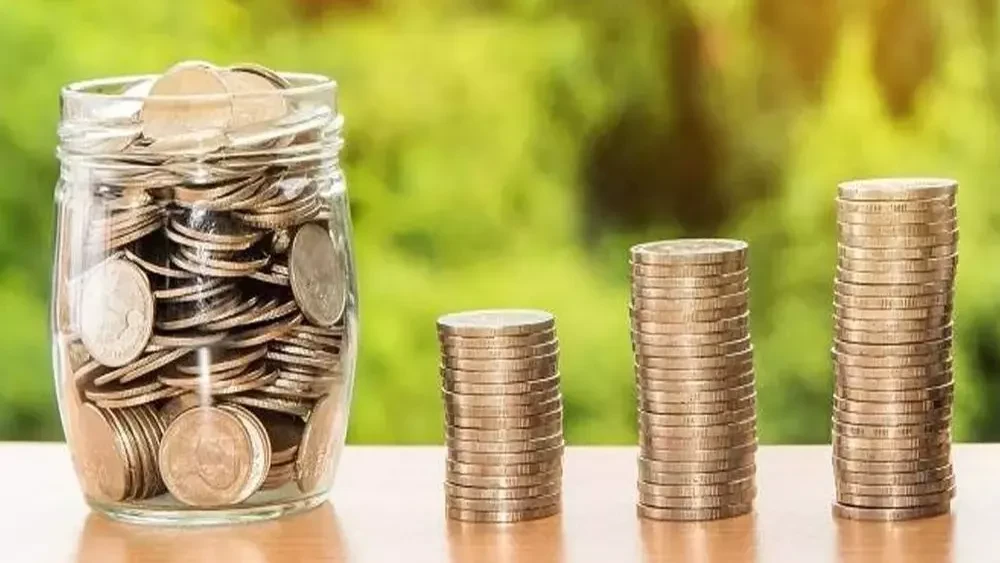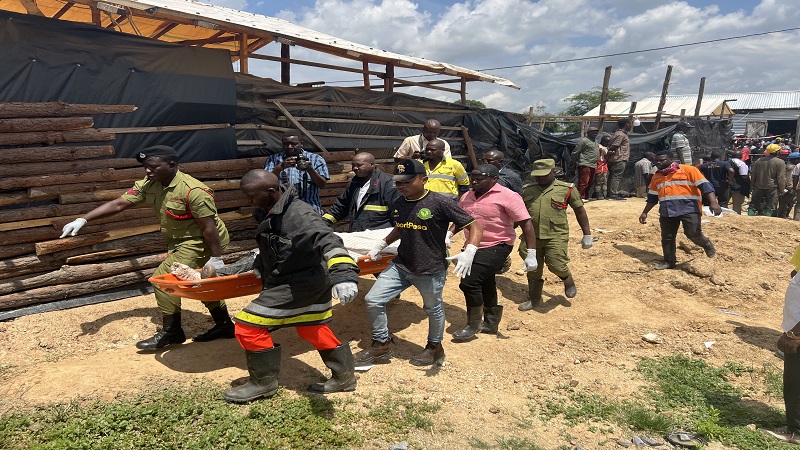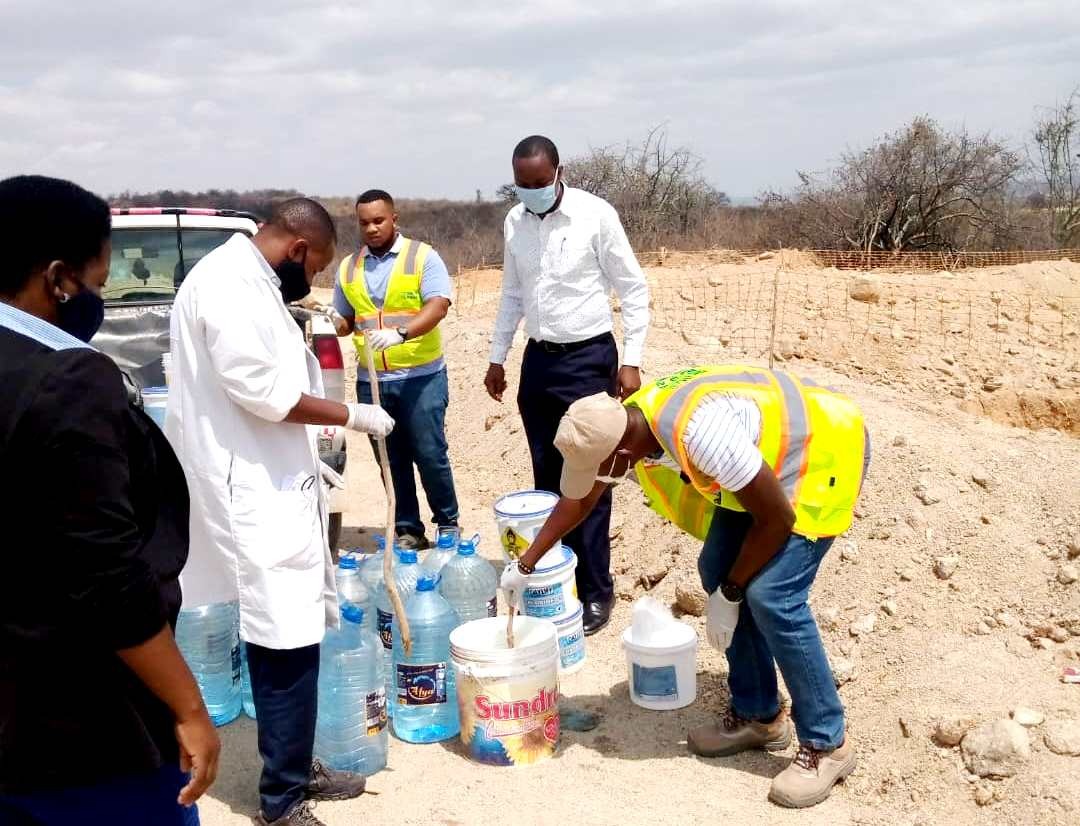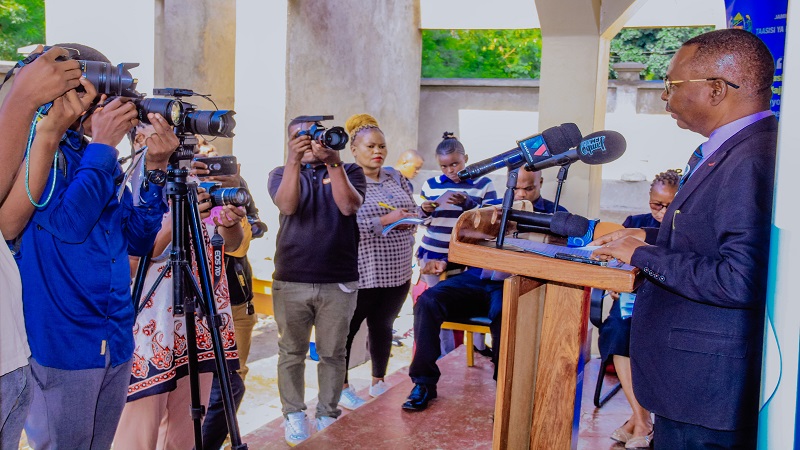Tanzania, Korea agree to EPA, $2.5bn loans
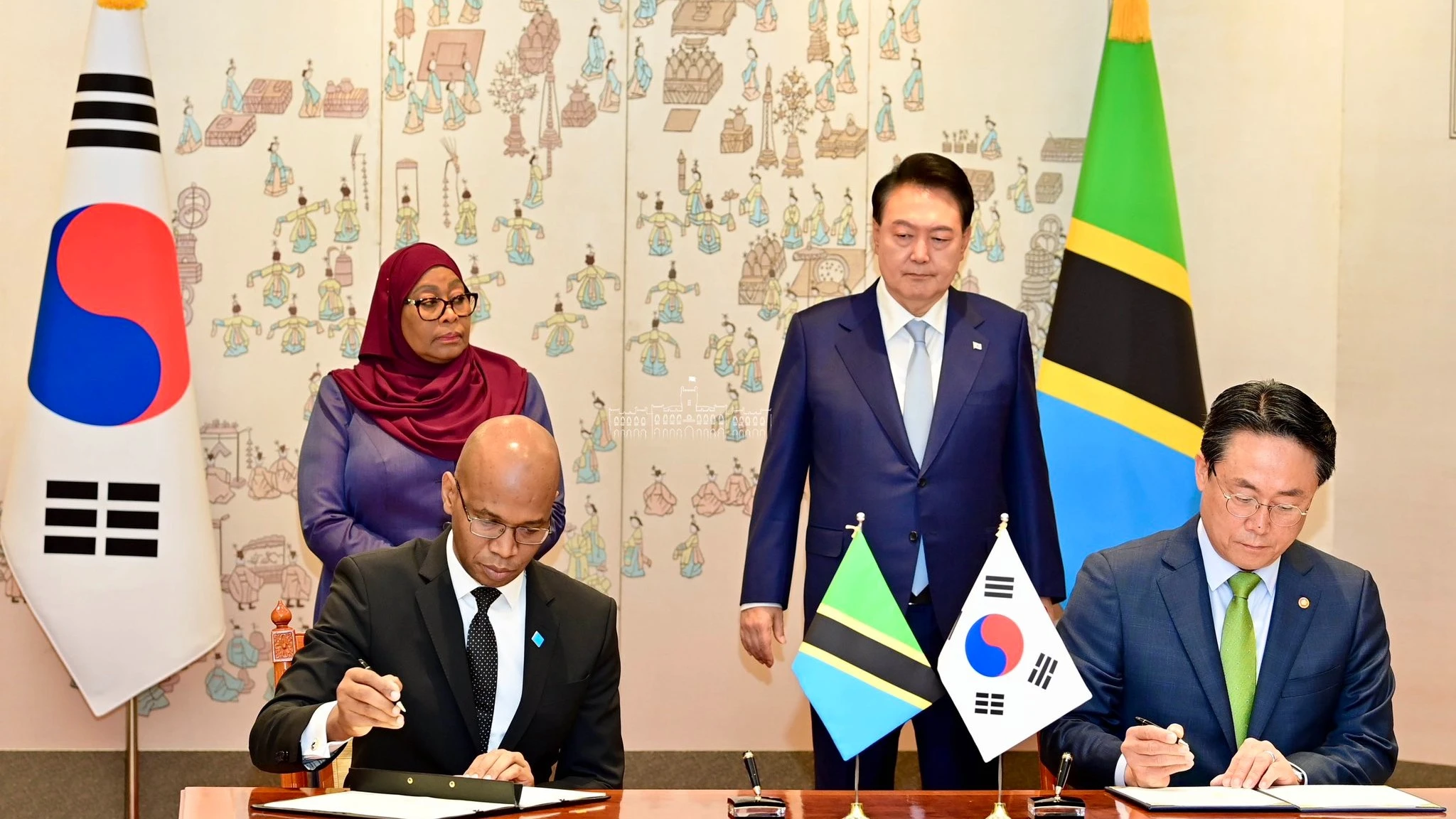
TANZANIA and the Republic of Korea have signed a framework agreement enabling concessional loans from the Economic Development Cooperation Fund (EDCF) valued at $2.5bn across five years.
President Samia Suluhu Hassan and South Korean President Yoon Suk Yeol, witnessed the signing of the Korea-Tanzania EDCF pact for 2024-2028 here over the weekend.
President Samia is on an official visit to Korea at the invitation of President Yoon, with the two heads of state holding official talks at the Yongsan Presidential Office.
They witnessed the signing of other agreements aiming to bolster cooperation in critical minerals and the blue economy, alongside signing a joint statement on the launch of negotiations for an economic partnership agreement (EPA).
The envisaged EPA will elevate Tanzania-Korea economic ties to a strategic relationship, boosting partnership in trade, investment, transport and industry.
President Samia welcomed the decision of the Korean government to double the EDCF facility’s resources to Tanzania, urging enhanced cooperation with Korea in the blue economy and the development of natural gas.
Cooperation was also sought for the creative industry particularly film and arts, while seeking leeway on Tanzania to supply labour to Korean industry via the employment permit system (EPS) used in South Korea.
A Memorandum of Understanding (MoU) on strategic minerals was similarly signed, enhancing Tanzania-Korea cooperation on geological surveys, mining investments and ‘beneficiation’ of critical minerals such as nickel, lithium and graphite, the presidential communications directorate said in a statement.
The two countries set up diplomatic ties in 1992, while the president’s visit is the second, coming 26 years after the late President Benjamin Mkapa visited the country in 1998.
An EPA agreement envisaged will enable the two countries to elevate ties to a strategic level in the conduct of industry and transportation investments, the statement indicated.
The agreement aims to widen economic cooperation, with Tanzania becoming the third in Africa opting for talks leading to an economic cooperation agreement with Korea, after Morocco and Kenya.
Preliminary EPA documents signed yesterday include cooperation in the blue economy as relates to fishing areas, seafood processing industries, construction of fishing ports, technology and research on marine issues, it elaborated.
Tanzanians will benefit from obtaining direct and other paying avenues helping to accelerate the growth of the sector, it said.
The Minerals ministry as well as the Trade, Industry and Energy ministry of South Korea signed an MoU for cooperation in strategic minerals.
"Tanzania and South Korea will cooperate in research, investment, mining and building capacity to increase the value of strategic minerals in Tanzania,” the statement noted, citing the minerals as nickel, lithium and graphite.
President Samia will also be awarded an honorary doctorate in aviation management from the Korea Aerospace University (KAU) in recognition of her transformative actions, policy interventions and pragmatic leadership that have improved the country’s aviation sector, the directorate earlier stated.
South Korea, the 13th largest economy globally, is opening new source markets for critical minerals in the wake of the Covid-19 pandemic plus regional tensions impeding optimal conduct of raw materials trade with China, Japan and Russia.
Critical minerals are sought after to remove the use of fossil fuels as part of efforts to reach the world's goal of removing carbon dioxide by 50 percent with renewable energy, thus wide ranging manufacturing of batteries and Africa increasingly being a vital source, experts say.
With Korea's biggest markets being Europe and the United States, sourcing raw materials from China would frustrate access to those markets, meanwhile as the issue also serves to elevate Korean ties with Tanzania to a higher level, compared to other African countries to find opportunities.
Tanzania is among seven countries with special Korean ties, alongside Rwanda, Ghana, Mozambique, Senegal, Ethiopia and Uganda, while Tanzania is second after Egypt in obtaining Korean project aid and loans after Egypt, with $1.6bn annually, ahead of Tanzania at $1.3bn, the statement affirmed
Aid received during 2014-2020 was pegged at $733m, directed to facility expansion at the Muhimbili National Hospital, the Malagarasi Bridge, the National Identity Projectand Zanzibar irrigation project.
The government signed $ 1bn worth of project loans for the 2021 to 2025 period, targeting digital land surveying for as digital plot data project. A digital technology college and the construction of the Miguni Zanzibar Hospital with 600 beds, are also listed.
There is also a $230m project to rebuild Muhimbili National Hospital (MNH) to house apartments stretching to 2030, an international conference centre in Zanzibar, the Bagamoyo Fishing Port and the modern Tanzania Institute of Rail Technology (TIRT), with an additional $2.5bn slated to be issued, it added.
Top Headlines
© 2025 IPPMEDIA.COM. ALL RIGHTS RESERVED








